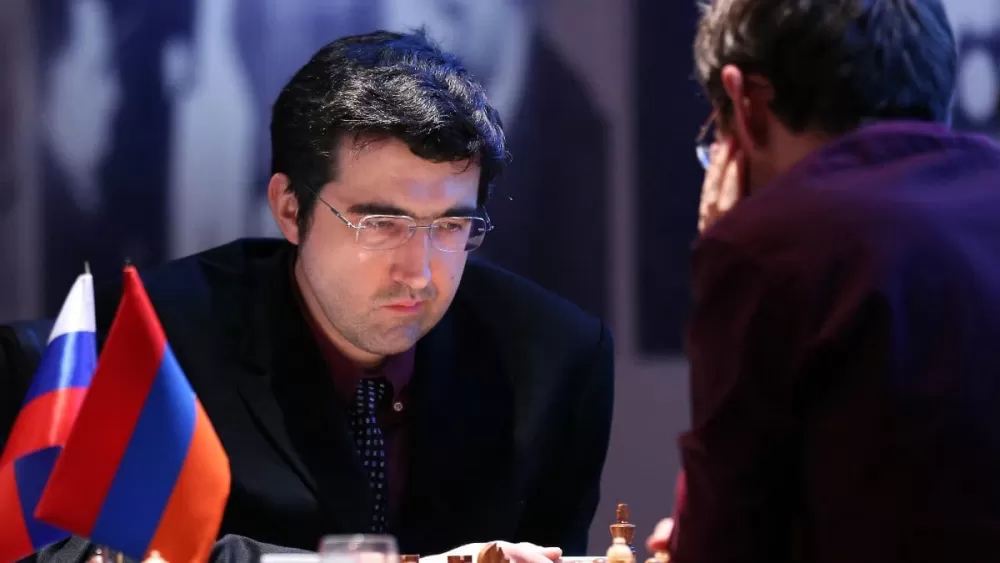The Secret Passports of the Cell: How Proteins Sneak Into the Nucleus and Why It Matters
Share- Nishadil
- October 24, 2025
- 0 Comments
- 3 minutes read
- 41 Views

Scientists Uncover Cell's Secret 'Molecular Passports' Controlling Nuclear Access
New research reveals how specific 'molecular passports' dictate which proteins enter the cell's nucleus, a crucial discovery for understanding cellular function and potentially combating diseases like cancer. It's like finding the secret code to the cell's command center.
Ever wondered what really goes on inside our cells, those microscopic worlds buzzing with activity? It’s a bit like a bustling city, truly, and at its very heart, there's a kind of high-security vault: the cell nucleus. This isn’t just any organelle; it's the brain, the control center, holding all our precious genetic blueprints.
But how do things get in and out? Well, that’s where things get fascinating, almost like a spy novel, honestly.
Scientists, particularly a brilliant team over at the University of Adelaide’s Waite Research Institute, have just pulled back the curtain on an incredibly intricate system. They’ve essentially discovered what amounts to 'molecular passports' – little secret codes, if you will – that dictate exactly which proteins get the green light to enter the nucleus.
It's not just a free-for-all; there’s a bouncer at the door, so to speak, and these passports are the VIP passes.
You see, the nucleus isn't just floating around unprotected. It’s encased in something called a nuclear envelope, and this envelope is studded with specialized gateways known as nuclear pore complexes, or NPCs.
Think of these NPCs as sophisticated border control points, diligently screening everything that tries to pass. For years, we knew they were there, and we knew they regulated traffic, but the sheer specificity of it all? That was still a bit murky.
But now, thanks to this groundbreaking research published in Science Advances, we understand a crucial part of the puzzle.
The study identified precise sequences within nuclear proteins — the 'passports' themselves — that aren't just random bits of code. No, these sequences are specifically recognized by the NPCs, acting as an authentication system, ensuring only the right molecules make it to their destination inside the nucleus.
And this isn't just academic; it’s absolutely vital for the cell’s healthy functioning.
Why does this matter so much, you might ask? Well, when this delicate transport system goes awry, when the molecular passports are fumbled or the border control is compromised, serious trouble can brew.
Consider diseases like cancer, for instance. Often, in cancerous cells, this nuclear transport is completely disrupted. Understanding these fundamental mechanisms, these tiny biological details, opens up incredible new avenues for potential treatments. If we can manipulate these 'passports' or 'gatekeepers,' we might just find innovative ways to fight off these debilitating illnesses.
In truth, this discovery isn't just another scientific paper; it’s a profound step forward in comprehending the fundamental biology that underpins all life.
It’s a testament to the relentless curiosity and meticulous work of researchers like Professor Matthew Gilliham and Dr. Jessica H. W. Lee, who are, you could say, decoding the secret language of our own cells, one molecular passport at a time.
.Disclaimer: This article was generated in part using artificial intelligence and may contain errors or omissions. The content is provided for informational purposes only and does not constitute professional advice. We makes no representations or warranties regarding its accuracy, completeness, or reliability. Readers are advised to verify the information independently before relying on







